Reflecting on 2021
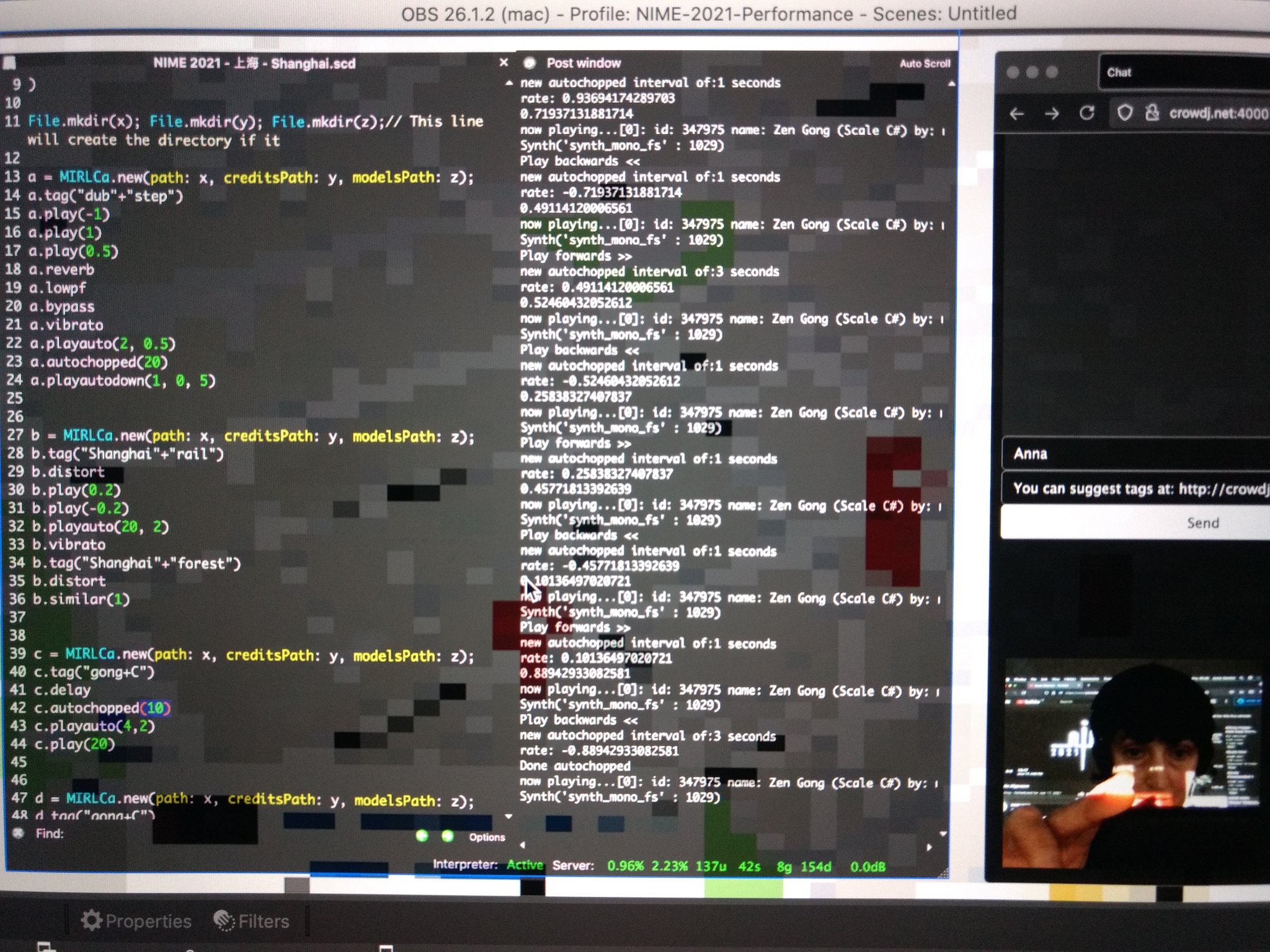
Last year I wrote Reflecting on 2020 discussing the global pandemic and how it changed our way of operating. We knew it was going to last a little bit longer, but we are ending this 2021 with (yet) another year with the pandemic in full. Trying to see the positive side of it, in this blog post, I will highlight my key activities of the year, reflect on how the year went and comment on what I would like to accomplish moving forward.
Research
Less is more. Since I am a lecturer, I do not have the time I used to have as a postdoc to do research. I can’t avoid feeling some frustration about the lack of research time. It is also true that the projects are of a greater dimension than when I was a postdoc. Rethinking the goals to be more realistic seems to be a good strategy to cope with this maladjustment. The main highlights include:
- MIRLCAuto: Accomplishing my role as a Principal Investigator of the EPSRC HDI network-funded project MIRLCAuto: A Virtual Agent for Music Information Retrieval in Live Coding amidst the pandemic including the realisation of 3 workshops and 3 performances. Bringing this project to life has been an immense amount of work. I think that the main reason is that it is my first research project and that it was done during a pandemic. The project lasted from 31 March 2020 until 31 October 2021. You can find all the outcomes on the project’s website:
- https://mirlca.dmu.ac.uk
- FRL8: This 2021/22 academic year I have been selected to be part of the Future Research Leaders (FRL8) Programme at De Montfort University. You can read about the first two sessions here:
- Special issue: Together with Gerard Roma and Thor Magnusson as guest editors, as well as with James Andean and Leigh Landy as the journal’s associate editor and editor respectively, we have launched the call Live Coding Sonic Creativities. This will be the first special issue of live coding at Organised Sound. You can find more info about the call here:
To conclude this section on research, here’s a list of my most relevant publication contributions this year:
- Xambó, A., Roma, G., Roig, S., Solaz, E. (2021) “Live Coding with the Cloud and a Virtual Agent”. In Proceedings of the New Interfaces for Musical Expression (NIME ’21). Shanghai, China. [Paper] [Video] [Poster]
- Roma, G., Xambó, A., Green, O., Tremblay, P.A. (2021) “A General Framework for Visualization of Sound Collections in Musical Interfaces”. (Open Access). Applied Sciences, 11(24):11926. [Companion Website]
Teaching
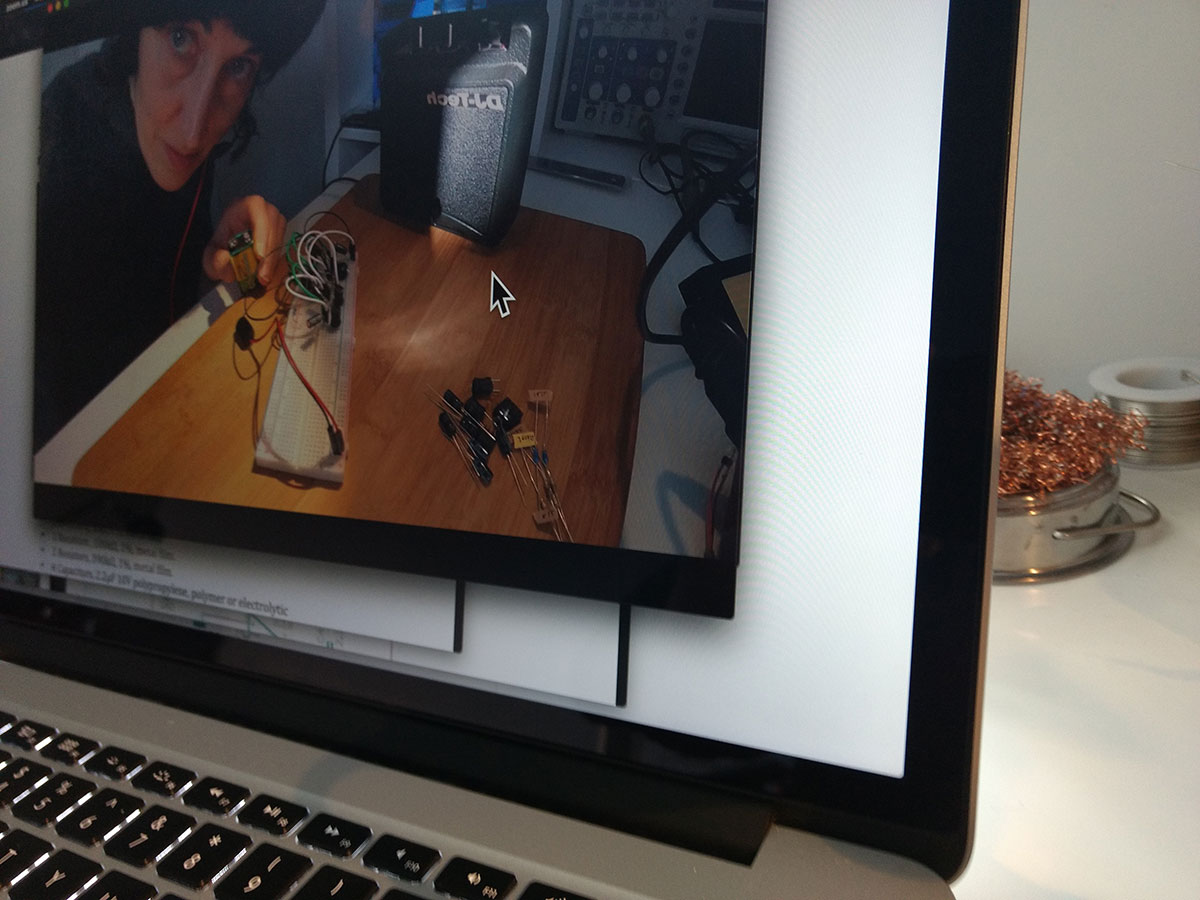
This year I’ve continued teaching audio electronics and digital signal processing for undergraduate students at levels L4, L5 and L6 in the UK education system. The most remarkable aspect of my teaching this year has been the continuous effort to deliver a flexible approach to learning. You can read my blog post on Teaching Audio Electronics during COVID: Inventiveness and Opportunities that reflect on some ideas from this perspective.
Music
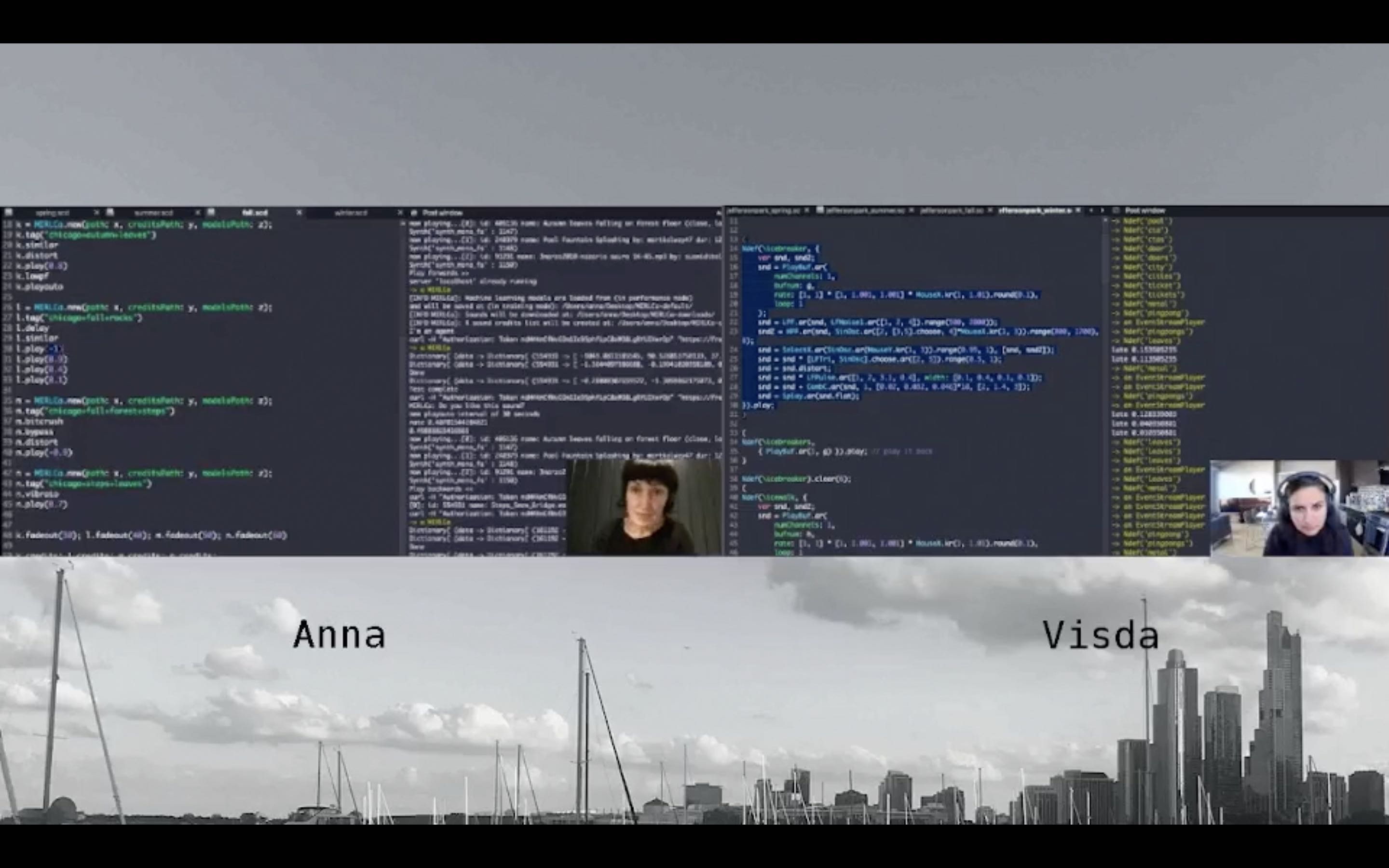
I am thankful for having been able to perform in different formats during this difficult year, which includes a total of 8 gigs ranging from solo and group performances, as well as online and on-site performances in China, Spain, the UK, and the USA. Most of them are related to the MIRLCAuto project. Also, we collaborated with Visda Goudarzi exploring situatedness in live coding with distributed performances. Here’s a summary list:
- immerse in the lake by Anna Xambó and Visda Goudarzi. Online performance. Jefferson Park EXP. Chicago, IL, USA. November 21, 2021. [Video]
- Magnets (live coding piece) by Anna Xambó at the “Concert PACE 1 Live Music from MTI2. Works by Simon Emmerson, Anna Xambó Sedó, John Richards, and Leigh Landy”. EMS 2021. Leicester, UK. November 10, 2021. [Video] [Audio (Rehearsal)]
- Livesourcing: Audience Participation in a Live Coding Performance by Visda Goudarzi and Anna Xambó. Online performance. Ear Taxi Festival. Chicago, IL, USA. September 24, 2021. [Video]
- Live Coding with Crowdsourced Sounds and a Virtual Agent Companion by Anna Xambó. WAC 2021. Online event. Barcelona, Spain. July 6, 2021. [Video1] [Video2]
- A Live Coding Session With the Cloud and a Virtual Agent by Anna Xambó. NIME 2021. Online event. Shanghai, China. June 17, 2021. [Video]
- Sonic Haikus by Anna Xambó. ARTIFICIA Festival. Online Premiere. Recorded from Sheffield, UK. May 6, 2021. [Video]
- They Are the Robots: a live coding session by Anna Xambó. Transnodal TOPLAP. Streaming from Sheffield, UK. February 21, 2021. [Video]
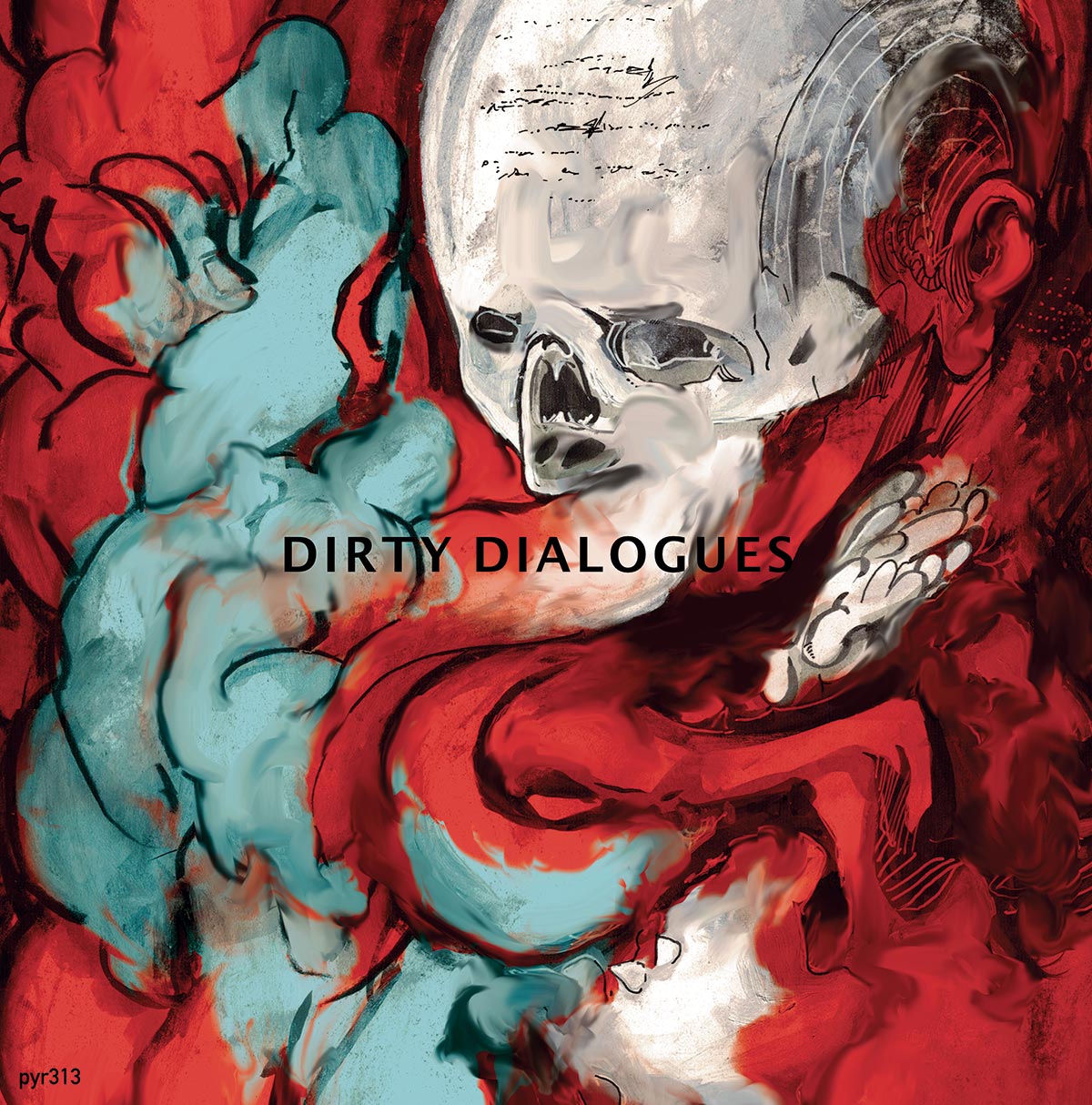
- One of the outcomes of the MIRLCAuto project is the live album “Dirty Dialogues” (pan y rosas, 2021), a collaboration with Dirty Electronics, Jon.Ogara and I. You can find out more info about the album in this blogpost:
The album was reviewed in The Wire’s 2021 Rewind issue:
“The result is a percolating chaos with enough negative space to hear the elements come together and fall apart.” (Emily Pothast, The Wire).
Community
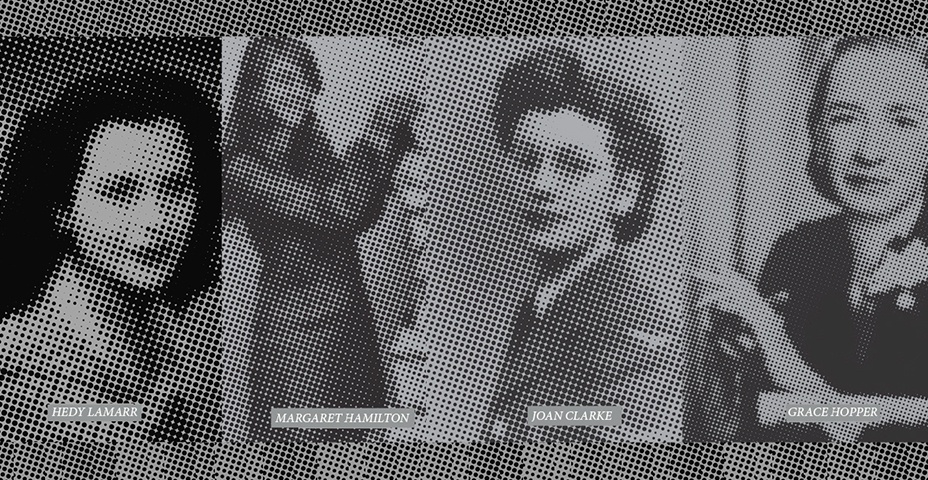
This year I was invited to give online talks and participate in panels that were hosted in Austria, France, Germany, Norway, Spain, and the USA. The main highlights include:
- WAC 2021: I was invited to be a Keynote Speaker (online) at the Web Audio Conference 2021 on July 5, 2021, with the talk “Grassrouters Music Performance”. This has been my second keynote address, also during the pandemic. I also performed twice with the MIRLCAuto system. You can find out more info about the talk and panel including the video in this blog post:
- IRCAM / Féminisme - Musique - Technologie: We were inivted together with Karolina Jawad to give the talk “Challenging the Status Quo - WoNoMute” and participate in a panel of discussion at the Féminisme - Musique - Technologie / Rencontre ManiFeste-2021. Centre Wallonie-Bruxelles, Paris, France. You can find out more info about both the talk including the video in this blog post:
Final Remarks
This has been the year of the pandemic. Although in summer we had a little bit of a hiatus from the media, it keeps being ubiquitous and persistent. This has affected our work and our personal life. For those who expect to be able to travel to visit family or ‘net-work’ internationally, it has been extremely difficult to cope with an unstable situation that is constantly changing. For those who like to travel, the pandemic has been helpful to think differently about it in terms of flexibility but also sustainability. More generally, it is helpful to be more flexible with our solutions and adaptable to an unpredictable environment.
Hence, my resolutions for next year are to have a more adaptable, flexible, and environmentally-friendly way of thinking. Focus on doing the things that I really like to do. Enjoy every single moment.
Happy New Year 2022!
Acknowledgements
I’m really thankful to all the partners and collaborators of the MIRLCAuto project for all their help with the project and to the funders for believing in the project. Also thank you to colleagues, friends, and family for being there!